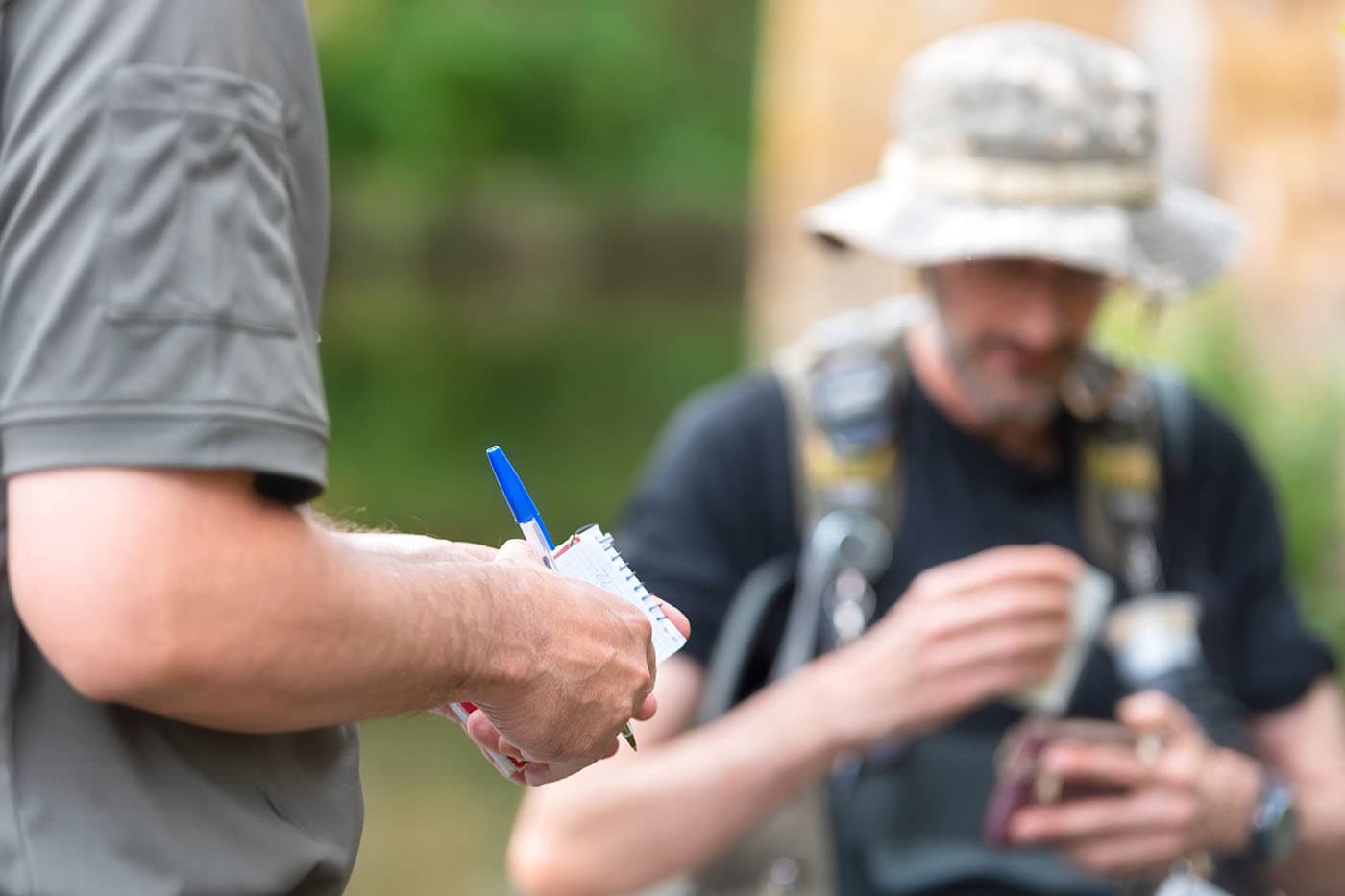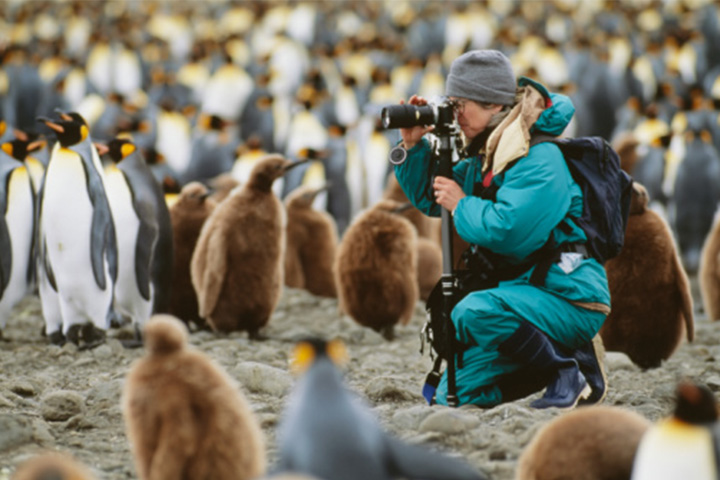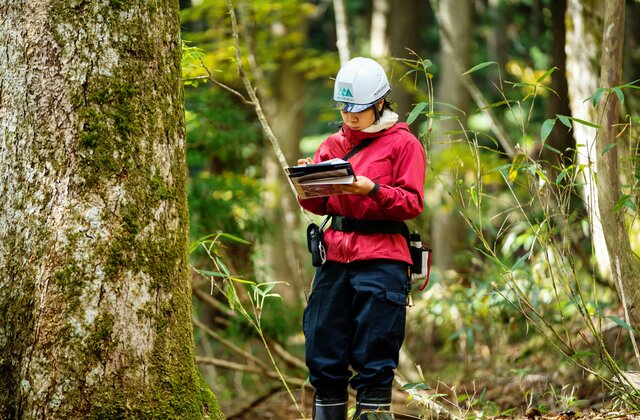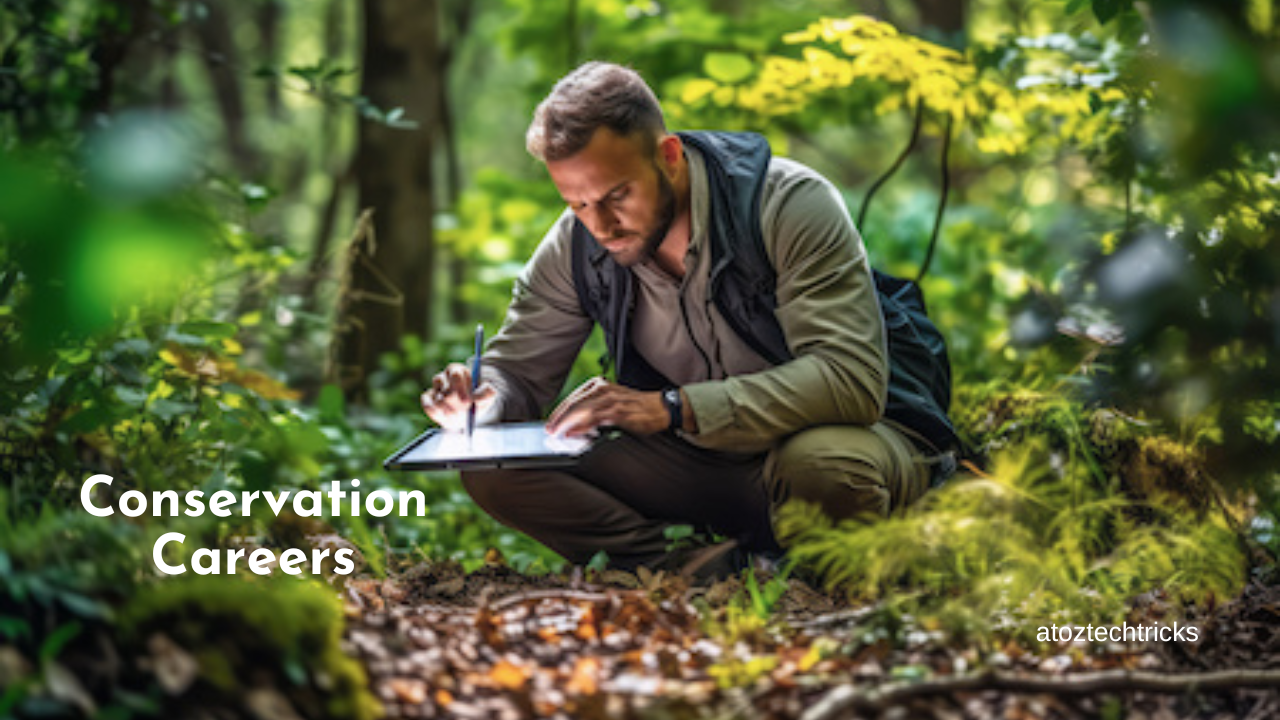Conservation Careers: Navigating a Path to Protect the Planet
Conservation careers are among the most fulfilling and critical professions in the world today. As environmental concerns intensify globally, the demand for skilled professionals who can safeguard ecosystems, preserve biodiversity, and promote sustainable practices has never been greater. This article provides an in-depth exploration of the various career paths in conservation, the necessary qualifications, challenges, and the impact these roles have on the planet.
Understanding the Scope of Conservation Careers
Conservation careers encompass a broad spectrum of fields, each dedicated to preserving different aspects of the natural world. These careers can be categorized into several key areas:
- Wildlife Conservation: Focuses on protecting animal species and their habitats. Professionals in this field work to prevent extinction, manage wildlife populations, and restore habitats.
- Environmental Conservation: Involves the protection and restoration of ecosystems, including forests, wetlands, and oceans. This field also covers pollution control, resource management, and the promotion of sustainable land use practices.
- Marine Conservation: Concentrates on preserving ocean ecosystems, including coral reefs, marine wildlife, and coastal areas. This field addresses issues like overfishing, plastic pollution, and climate change impacts on marine life.
- Conservation Science and Research: This area focuses on studying ecosystems, species, and environmental changes. Researchers in this field contribute to the development of conservation strategies through data collection and analysis.
- Sustainable Development and Policy: Professionals in this field work on creating and implementing policies that balance human needs with environmental protection. This includes working with governments, NGOs, and international organizations to develop sustainable practices.
- Environmental Education and Advocacy: Educators and advocates play a crucial role in raising awareness about conservation issues. They work to inspire and inform the public, policymakers, and future generations about the importance of environmental stewardship.

Key Roles in Conservation Careers
Each conservation field offers a variety of roles, each requiring different skill sets and qualifications. Here are some of the key positions:
- Wildlife Biologist: Wildlife biologists study animals and their ecosystems. They collect data on wildlife populations, behavior, and genetics to inform conservation strategies. This role often involves fieldwork in remote locations and requires a deep understanding of ecology and biology.
- Conservation Scientist: These scientists manage the overall health of natural resources. They work on projects related to soil and water conservation, forest management, and sustainable agriculture. Conservation scientists often collaborate with landowners and government agencies to implement sustainable land-use practices.
- Marine Biologist: Marine biologists specialize in studying organisms in the ocean and other saltwater environments. Their work can range from researching marine species and ecosystems to addressing issues like pollution and climate change. This career often requires scuba diving skills and a willingness to work in challenging environments.
- Ecologist: Ecologists study ecosystems and the interactions between organisms and their environments. They may work on projects related to habitat restoration, biodiversity conservation, and the impact of human activities on natural systems.
- Environmental Educator: Environmental educators work in schools, nature centers, and nonprofit organizations to teach the public about environmental issues and conservation. They develop educational programs, lead nature tours, and create outreach materials to promote environmental awareness.
- Conservation Policy Analyst: Policy analysts work with governments, NGOs, and advocacy groups to develop and implement environmental policies. They conduct research, analyze legislation, and advocate for policies that promote conservation and sustainable practices.
- Sustainable Development Consultant: These consultants advise businesses, governments, and organizations on how to implement sustainable practices. They work on projects related to renewable energy, sustainable agriculture, and resource management to ensure that development efforts do not harm the environment.
- Park Ranger: Park rangers protect and manage national parks, forests, and wildlife reserves. Their duties include enforcing regulations, conducting educational programs, and responding to emergencies. This role is ideal for individuals who enjoy working outdoors and have a passion for nature.
- Environmental Lawyer: Environmental lawyers specialize in laws related to the environment and natural resources. They may work on cases involving pollution, land use, and endangered species protection. This career requires a strong understanding of legal principles and environmental regulations.
- Climate Change Analyst: Climate change analysts study the impacts of climate change and develop strategies to mitigate its effects. They work on projects related to renewable energy, carbon emissions reduction, and climate policy. This role requires strong analytical skills and a deep understanding of climate science.
Environmental Science Careers: A Comprehensive Guide to Opportunities in a Growing Field
Educational Pathways and Qualifications
Pursuing a career in conservation typically requires specialized education and training. Here’s a guide to the educational pathways for some common conservation careers:
- Wildlife Biologist: A bachelor’s degree in biology, wildlife science, or ecology is typically required. Advanced positions may require a master’s degree or Ph.D. Fieldwork experience, internships, and volunteer work with conservation organizations are highly valuable.
- Conservation Scientist: A bachelor’s degree in environmental science, forestry, or natural resource management is essential. Advanced roles may require a master’s degree or higher. Practical experience through internships and fieldwork is crucial.
- Marine Biologist: A bachelor’s degree in marine biology, oceanography, or a related field is the minimum requirement. A master’s degree or Ph.D. is often necessary for research positions. Scuba certification and experience with underwater research techniques are beneficial.
- Ecologist: A bachelor’s degree in ecology, environmental science, or biology is required. A master’s degree or Ph.D. may be necessary for advanced research roles. Field experience and skills in data analysis and GIS (Geographic Information Systems) are important.
- Environmental Educator: A bachelor’s degree in environmental education, biology, or a related field is typically required. Teaching experience, certifications, and strong communication skills are essential.
- Conservation Policy Analyst: A bachelor’s degree in environmental policy, political science, or a related field is necessary. A master’s degree in public policy or environmental law is often preferred. Strong research and analytical skills are key.
- Sustainable Development Consultant: A bachelor’s degree in environmental science, sustainable development, or business is typically required. A master’s degree in sustainability or environmental management can enhance career prospects. Experience in project management and consulting is valuable.
- Park Ranger: A bachelor’s degree in natural resource management, environmental science, or a related field is often required. Certifications in first aid, CPR, and wilderness survival are beneficial. Practical experience through internships or seasonal work is important.
- Environmental Lawyer: A law degree (JD) with a focus on environmental law is required. Passing the bar exam and gaining experience through internships or clerkships is essential. Strong advocacy and research skills are crucial.
- Climate Change Analyst: A bachelor’s degree in environmental science, climatology, or a related field is required. Advanced roles may require a master’s degree. Skills in data analysis, modeling, and climate science are important.

Challenges in Conservation Careers
While conservation careers are incredibly rewarding, they also come with significant challenges. Some of the common challenges faced by professionals in this field include:
- Limited Funding and Resources: Many conservation projects rely on government funding, grants, and donations. Limited financial resources can hinder the implementation of conservation initiatives and restrict the scope of research and fieldwork.
- Environmental and Political Challenges: Conservation efforts often face opposition from industries that prioritize economic growth over environmental protection. Navigating political landscapes and advocating for conservation policies can be challenging.
- Fieldwork in Remote Locations: Many conservation roles require fieldwork in remote or challenging environments. This can involve long periods away from home, physical exertion, and exposure to harsh weather conditions.
- Balancing Conservation and Development: Professionals in this field must often find ways to balance conservation efforts with the needs of local communities and economic development. This requires careful planning and negotiation to ensure sustainable outcomes.
- Emotional Toll: Working in conservation can be emotionally challenging, especially when dealing with issues like species extinction, habitat destruction, and the effects of climate change. Conservationists often face the reality of losing battles against environmental degradation, which can lead to burnout.
- Complex Interdisciplinary Nature: Conservation careers often require knowledge and skills across multiple disciplines, including biology, ecology, policy, and social sciences. Staying current with developments in all these areas can be demanding.
The Impact of Conservation Careers
Despite the challenges, conservation careers have a profound impact on the planet and its inhabitants. Here are some of the ways conservation professionals make a difference:
- Protecting Biodiversity: Conservationists work tirelessly to protect endangered species and their habitats. Their efforts help prevent extinctions, restore ecosystems, and maintain biodiversity, which is crucial for a healthy planet.
- Restoring Ecosystems: Through habitat restoration projects, conservation professionals repair damaged ecosystems, allowing them to recover and thrive. This benefits not only wildlife but also human communities that rely on these ecosystems for resources and services.
- Combating Climate Change: Many conservation careers involve efforts to mitigate climate change through reforestation, carbon sequestration, and promoting renewable energy. These initiatives help reduce greenhouse gas emissions and protect vulnerable ecosystems from climate impacts.
- Advancing Scientific Knowledge: Conservation scientists and researchers contribute to our understanding of ecosystems, species, and environmental changes. Their research informs conservation strategies, guides policy decisions, and raises awareness about environmental issues.
- Promoting Sustainable Practices: Conservation professionals work with governments, businesses, and communities to promote sustainable practices that balance human needs with environmental protection. This includes sustainable agriculture, forestry, fisheries, and urban planning.
- Raising Awareness and Advocacy: Environmental educators, advocates, and communicators play a crucial role in raising awareness about conservation issues. They inspire individuals, communities, and policymakers to take action to protect the environment.
Future Trends in Conservation Careers
As global environmental challenges continue to evolve, so too will the field of conservation. Here are some trends that are likely to shape conservation careers in the coming years:
- Increased Focus on Climate Adaptation: As climate change impacts become more pronounced, conservation efforts will increasingly focus on helping ecosystems and species adapt to changing conditions. This may involve developing new strategies for habitat restoration, species relocation, and ecosystem management.
- Integration of Technology and Conservation: Advances in technology, such as drones, remote sensing, and artificial intelligence, are revolutionizing conservation efforts. These tools enable more efficient data collection, monitoring, and analysis, leading to more effective conservation strategies.
- Collaboration Across Sectors: Conservation careers will increasingly involve collaboration between governments, NGOs, businesses, and local communities. Multidisciplinary approaches that integrate science, policy, economics, and social considerations will be essential for addressing complex environmental challenges.
- Expansion of Urban Conservation: As urbanization continues to increase, conservation efforts will increasingly focus on protecting and restoring natural areas within cities. Urban conservation initiatives will aim to enhance biodiversity, improve air and water quality, and provide green spaces for residents.
- Growing Demand for Conservation Communication: As environmental issues gain more public attention, there will be a growing demand for skilled communicators who can effectively convey the importance of conservation. This includes environmental educators, journalists, and digital content creators.
- Emphasis on Environmental Justice: The conservation field is increasingly recognizing the importance of environmental justice, which addresses the disproportionate impacts of environmental degradation on marginalized communities. Conservation professionals will work to ensure that conservation efforts are inclusive and equitable.

How to Start a Career in Conservation
Starting a career in conservation requires a combination of education, experience, and networking. Here are some steps to help you get started:
- Pursue Relevant Education: Obtain a degree in a field related to conservation, such as biology, environmental science, or ecology. Consider pursuing advanced degrees if necessary for your chosen career path.
- Gain Practical Experience: Participate in internships, volunteer programs, and fieldwork to gain hands-on experience. This will help you develop essential skills and build a network of contacts in the field.
- Build a Professional Network: Join professional organizations, attend conferences, and connect with other conservation professionals. Networking can help you learn about job opportunities, gain insights into the field, and receive mentorship.
- Develop Specialized Skills: Depending on your career goals, consider acquiring specialized skills, such as GIS, data analysis, scuba diving, or wildlife tracking. These skills can enhance your employability and effectiveness in conservation roles.
- Stay Informed: Keep up with developments in the field by reading scientific journals, following conservation organizations, and staying informed about environmental policies and issues.
- Be Persistent and Passionate: Conservation careers can be competitive, and it may take time to find the right opportunity. Stay passionate about your goals, and be persistent in pursuing your career.
Conservation careers offer the opportunity to make a meaningful impact on the planet by protecting wildlife, preserving ecosystems, and promoting sustainable practices. While the field presents significant challenges, it also offers immense rewards for those dedicated to environmental stewardship. Whether you choose to work in wildlife conservation, marine biology, environmental education, or policy analysis, a career in conservation is a path to a more sustainable and resilient future for all living beings.




Post Comment